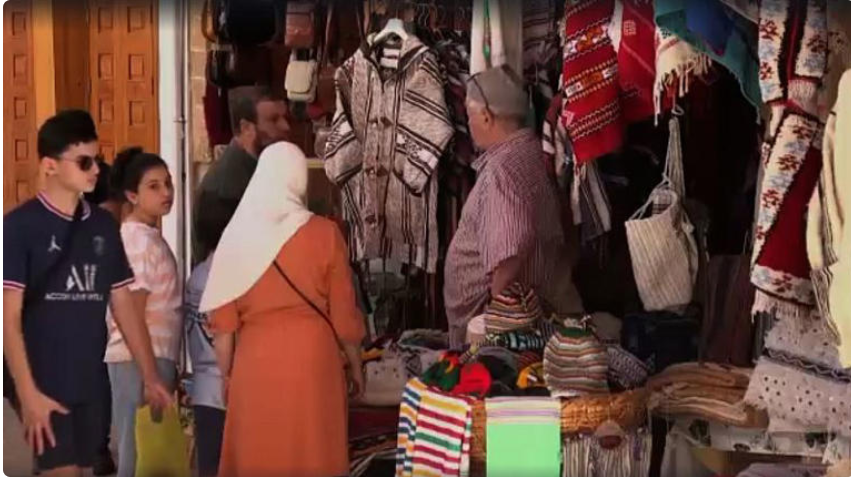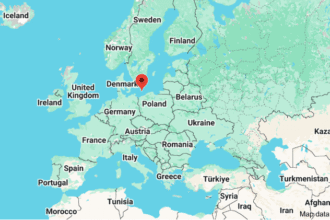By Mohamed Ghani
Rabat, Morocco – The Moroccan government is set to initiate a comprehensive review of its free trade agreement with Turkey, originally established in 2004, following a dramatic increase in the bilateral trade deficit. The move comes as Morocco seeks to address a widening trade imbalance that has placed increasing pressure on its domestic industries.
Morocco’s trade deficit with Turkey has ballooned to approximately $3 billion, largely fueled by a surge in imports of Turkish textiles. This imbalance contributes significantly to Morocco’s overall trade deficit, which widened by 22.8% in the first four months of 2025, reaching a staggering $12 billion. Last year, the country’s deficit hit 306 billion dirhams, highlighting the urgency of the situation.
In an effort to address the growing disparity, Moroccan Trade Minister Omar Hjira is scheduled to travel to Turkey for negotiations. The aim is to forge a solution that rebalances the trade relationship, potentially through increased Turkish investment within Morocco.
Moroccan manufacturers have expressed concerns about the competitive advantage enjoyed by Turkish goods, citing lower production costs, high quality, dependable delivery schedules, and substantial governmental support within Turkey. These factors allow Turkish exports to flow into Morocco unimpeded, putting local businesses at a disadvantage.
“The playing field isn’t level,” explained Fatima Zahra, a representative of the Moroccan Textile Manufacturers Association. “We need to find a way to support our own industries while maintaining a productive trade relationship.”
Previously, Moroccan authorities implemented emergency tariffs of up to 90% on Turkish textiles in an attempt to protect the local textile industry. Malaysia has also taken steps to safeguard domestic sectors, creating a “negative list” of over 1,200 products, including textiles, restricted for import.
Analysts argue that long-term solutions necessitate a multi-pronged approach. “Morocco needs to focus on boosting the competitiveness of its industrial output, diversifying its export markets, and potentially re-evaluating multiple free trade agreements,” stated economist Khalil El Mansouri. “Relying solely on protectionist measures is not a sustainable strategy.”
As Minister Hjira prepares for his trip to Ankara, the stakes are high. Both nations will be seeking a mutually agreeable deal that mitigates Morocco’s trade deficit without jeopardizing its domestic industry or triggering broader trade tensions. The outcome of these negotiations could significantly shape the future economic relationship between Morocco and Turkey.









